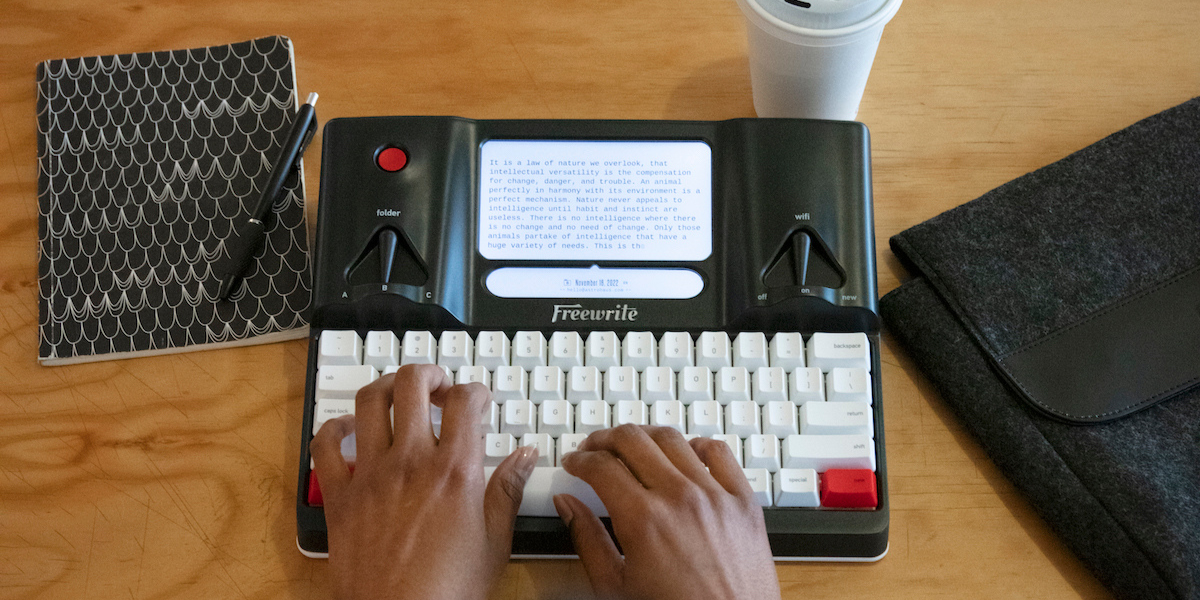
By Jessica Majewski
Writing is a challenging task, especially when you're trying to do it consistently. However, establishing a writing routine can have a significant impact on your writing success.
In this article, we'll explore the power of a writing routine and how to establish habits for writing success.
1. Understanding the Power of a Writing Routine
A writing routine is a set of habits that you adopt to make writing a consistent part of your life. It can be as simple as setting aside a specific time each day to write, or it can be a more complex set of habits that includes research, planning, and editing.
The benefits of a writing routine are numerous, but the most significant is consistency. Consistency is key to making progress in anything you do, and writing is no exception. When you consistently write, you're able to create a body of work that you can be proud of.
2. Establishing a Writing Routine
Creating a writing routine is relatively simple, but sticking to it can be challenging. To establish a writing routine, start by setting aside a specific time each day to write.
It's important to make this time non-negotiable, meaning you don't let anything else get in the way of it.
Next, create a list of tasks that you need to complete before you start writing, such as research or planning. Finally, make sure to be flexible. Your writing routine should be adaptable to your life, not the other way around.
3. The Importance of Self-Care
Self-care is an essential part of being a writer. Writing can be a demanding task, both physically and mentally.
When you're not taking care of yourself, it can be difficult to focus on your writing. Taking care of yourself is not only important for your physical and mental well-being, but it also helps you to produce better writing.
Make sure to schedule time for yourself, whether it's going for a walk, practicing yoga or meditation, or just taking a few minutes to relax.
It's essential to take care of yourself so that you can take care of your writing.
4. The Importance of Learning
Learning is an ongoing process and is essential for writing success. As a writer, you should be constantly learning new things to improve your writing skills. This can be learning about the craft of writing, such as grammar, structure, and style, or learning about the world around you so that you can write about it.
There are many ways to continue learning and improving as a writer. Some good options include taking a class, joining a writing group, or reading books on the craft of writing.
Additionally, you should also be reading widely, whether it's fiction, non-fiction, or poetry. Reading is a great way to improve your vocabulary, understand structure, and learn about style.
5. Overcoming Common Challenges
Maintaining a writing routine can be challenging, but there are strategies to overcome common obstacles. Writer's block and procrastination are two of the most common challenges that writers face.
- To overcome writer's block, try brainstorming or freewriting to generate new ideas.
- To overcome procrastination, try breaking your writing task into smaller, more manageable chunks.
Writing tools like those from Freewrite can help you get started and stay in the zone with distraction-free writing. No emails, Facebook, or Youtube, just the bliss of writing.
Staying motivated and focused is essential to maintaining your writing routine. Set goals, reward yourself for meeting them, and surround yourself with supportive people.
6. Measuring Writing Success
Measuring writing success can be difficult, but it's essential to know if you're making progress. There are many ways to measure writing success, such as word count, finished pieces, or even just the feeling of accomplishment.
A writing routine can lead to measurable progress, such as an increase in word count or the number of finished pieces. To set and achieve writing goals, break them down into smaller, more manageable tasks and reward yourself for meeting them.
7. Building a Support System
Establishing connections with other writers can be a great way to stay motivated and improve your writing.
Joining a writing group or workshop can be a great way to get feedback on your work, learn from other writers, and establish a sense of community.
8. Staying Organized
Writing can be overwhelming, especially when you're dealing with research, notes, and ideas. Staying organized is essential to making progress in writing.
Many tools and software, such as Evernote or Scrivener, can help you keep track of your research, notes, and ideas.
9. The Importance of Reading
Reading is an essential part of being a writer. Reading helps you improve your vocabulary, understand structure, and learn about style. It's also a great way to stay inspired and motivated.
When you're reading, you're exposed to new ideas, perspectives, and ways of telling stories.
Conclusion
In conclusion, a writing routine is a powerful tool for achieving writing success. It provides consistency, which is key to making progress in anything you do. By establishing a writing routine, overcoming common challenges, and measuring writing success, you'll be well on your way to achieving your writing goals.
Remember, writing is a challenging task, but with a little discipline and perseverance, you can make it a consistent part of your life and achieve success as a writer.
--
Jessica Majewski is the editor-in-chief at whenyouwrite.com. Her journey began as an avid book reader, but after reading one too many romance novels, she decided to jump to the other side and started writing her own stories.
With her passion for literature and storytelling, she quickly realized her true calling was in creating her own content.
Jessica shares her experiences in hopes of inspiring more up-and-coming wordsmiths to take the leap and share their own stories with the world. As a writer, publisher, and editor, she is dedicated to providing a platform for new and established voices in the literary world.





















